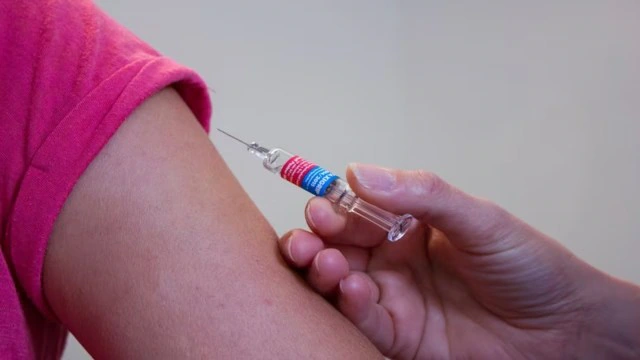15 august 2024 : The inaugural phase III clinical trial for a dengue vaccine in India commenced on Wednesday, with the first participant receiving the vaccine at the Pandit Bhagwat Dayal Sharma Post Graduate Institute of Medical Sciences (PGIMS) in Rohtak.
The vaccine, named DengiAll, is designed to combat all four serotypes of dengue and has been developed by Panacea Biotech.
This trial will take place at 19 locations across 18 states and Union Territories, monitoring 10,335 healthy adults over a span of two years. The primary funding for the trial is provided by the Indian Council of Medical Research, with the company contributing to the costs as well.
“The launch of this Phase 3 clinical trial for India’s first homegrown dengue vaccine signifies a significant step forward in our battle against dengue. It demonstrates our dedication to safeguarding our population from this widespread disease and highlights India’s expertise in vaccine research and development,” stated Union Health Minister JP Nadda.
Panacea’s vaccine employs live, attenuated strains of all four dengue serotypes. These attenuated strains were created by the National Institute of Allergy and Infectious Diseases in the United States, which involved the deletion of specific segments of the genetic code from DENV1, DENV3, and DENV4, followed by the genetic engineering of a DENV2 backbone utilizing components from the weakened DENV4.
A major obstacle in the development of a dengue vaccine is that the four serotypes provide minimal cross-protection, allowing individuals to be infected multiple times by different serotypes. More critically, this situation can result in antibody-dependent enhancement (ADE), where a person with low antibody levels against one serotype experiences a more severe infection from another serotype.
The controversy surrounding the world’s first dengue vaccine was primarily attributed to Antibody-Dependent Enhancement (ADE). It was only after the vaccination program commenced in the Philippines that it became evident that the vaccine could elevate the risk of severe disease in individuals who had not previously been infected.
The Serum Institute of India has utilized the same attenuated virus from the United States to create another vaccine candidate, which has successfully completed the initial trial phases. The company is set to conduct a large-scale phase III trial in collaboration with the Indian Council of Medical Research (ICMR) involving children aged 2 to 18 years.
Similarly, Indian Immunologicals Limited has employed the same technology to develop a vaccine that is currently in the early stages of human trials. Additionally, BiologicalE, a vaccine manufacturer based in Hyderabad, has formed a partnership with the global pharmaceutical company Takeda to produce its dengue vaccine, which is founded on the same principles as the NIAID vaccine.

